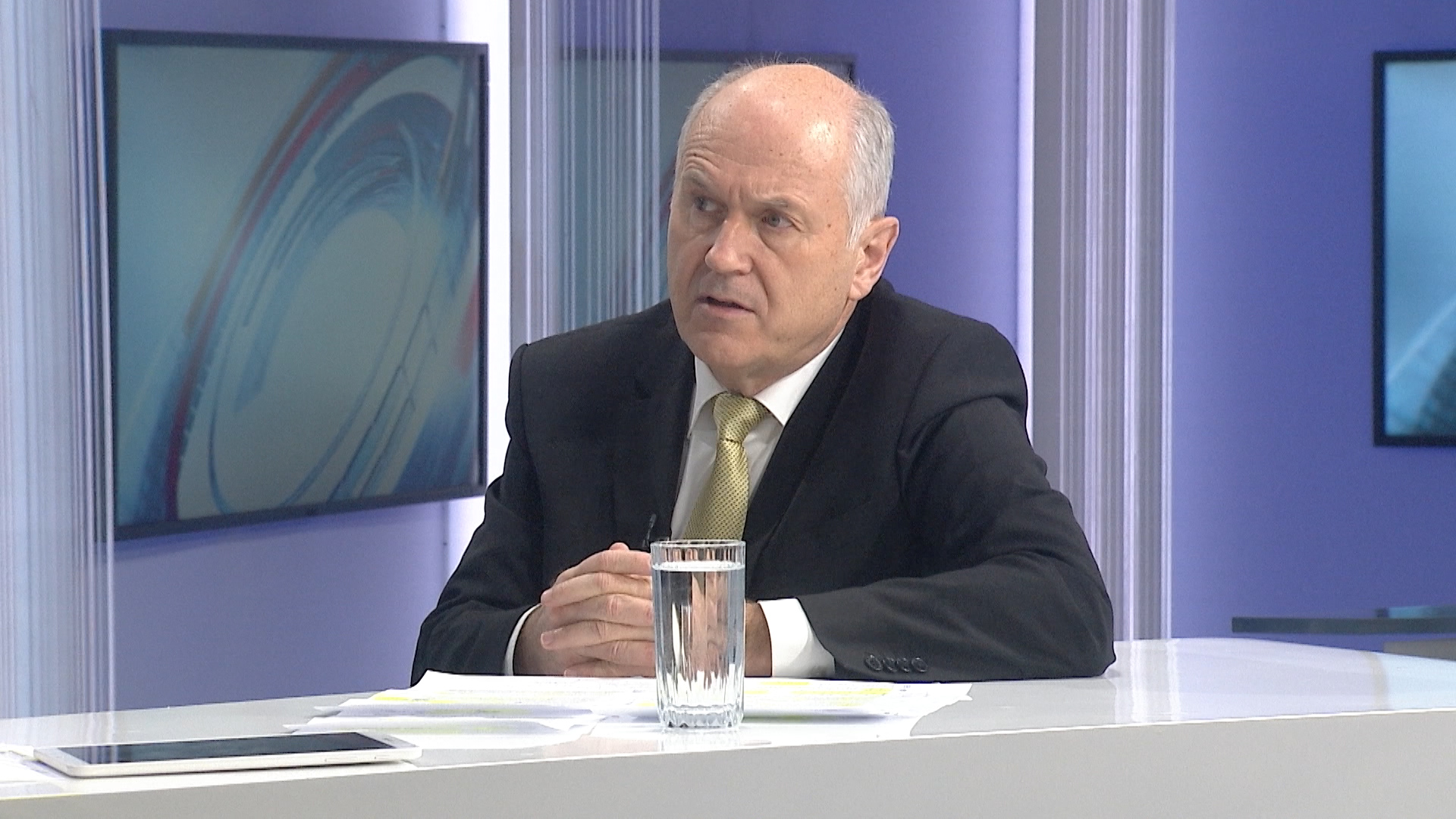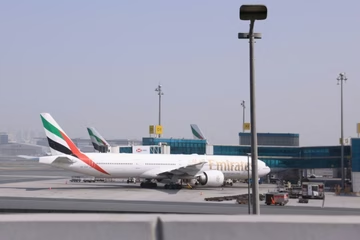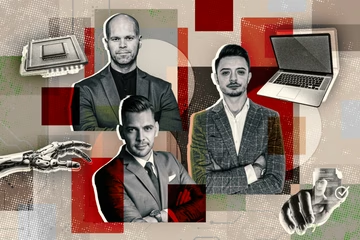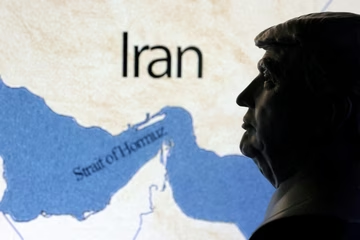Inzko: Brain-drain from Bosnia likely to continue

Unless the people from the Balkans get more realistic prospects for EU integration, the brain-drain from the countries like Bosnia will continue, said the international community's High Representative in Bosnia Valentin Inzko, whose mission is to oversee the civilian implementation of the Dayton Peace Agreement that ended the war in Bosnia.
Oglas
"The people in the Balkans will start believing the narrative that future will bring better opportunities for their countries' development only if the Western Balkans countries get realistic prospects for their integration into the European Union. Otherwise, the brain-drain and the emigration of the most educated people from countries like Bosnia and Herzegovina will continue. Around 20,000 talented youths have left Bosnia alone in 2018," Inzko said at the Europa-Forum Wachau.
The Swiss daily "Neue Zürcher Zeitung" which covered the Forum said that the EU Enlargement Commissioner Johannes Hahn agreed with Inzko's assessments.
“The EU should use the funds earmarked for crisis areas to export stability instead of passively importing instability,” Hahn added.
Oglas
Bulgarian Minister for the Bulgarian Presidency of the EU Council stressed the need for a wider cooperation which would include the Western Balkans' countries.
The "Neue Zürcher Zeitung" concluded that the Brexit decision and the migrant crisis have undoubtedly made the EU less stable.
“The earlier Western Balkans' preferences for EU integration have been weakened by internal conflicts but also the long waiting periods for new EU initiatives. The historical forces on the Balkans, like Russia and Turkey, are using that situation to strengthen their influence in the region. Even Iran is trying to improve its position in the region through easier issuing of visas for people from the region,” the daily added.
Kakvo je tvoje mišljenje o ovome?
Učestvuj u diskusiji ili pročitaj komentare
Oglas
Kakvo je tvoje mišljenje o ovome?
Učestvuj u diskusiji ili pročitaj komentare
Oglas





 Srbija
Srbija
 Hrvatska
Hrvatska
 Slovenija
Slovenija


























































